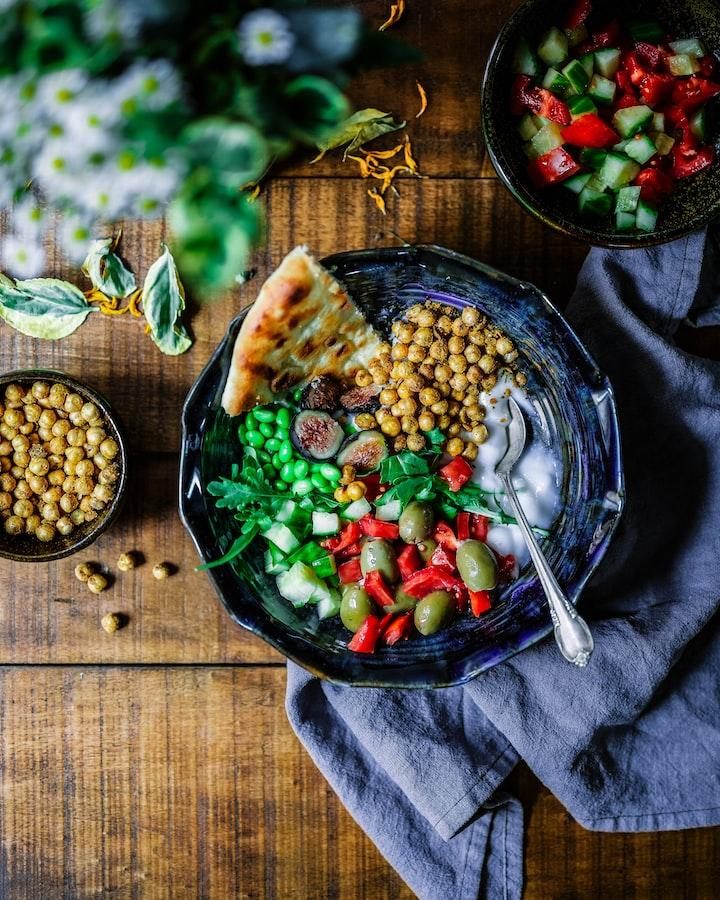There are a few different things that can help you poop. Eating high-fiber foods, like fruits, vegetables, and whole grains, can help make sure you’re getting the recommended 25 to 30 grams of fiber a day. Drinking plenty of water is also key to keeping things moving along smoothly. And if all else fails, there’s always coffee (or tea). The caffeine in coffee stimulates the muscles in your digestive system to move things along.
Apples. Apples are a good source of fiber, with one small apple (5.3 ounces or 149 grams) providing 3.6 grams of fiber ( 2 )
Apples are a good source of fiber, with one small apple (5.3 ounces or 149 grams) providing 3.6 grams of fiber . This fruit also contains a type of soluble fiber called pectin, which has been shown to promote bowel movements . Additionally, apples contain sorbitol, a natural sugar alcohol that acts as a laxative . For these reasons, apples may be effective in relieving constipation.
Prunes. Prunes are often used as a natural laxative and for good reason
Prunes are high in dietary fiber, including both soluble and insoluble fibers. Soluble fiber dissolves in water and forms a gel-like substance that helps to add bulk to your stool. This can help to make stools softer and easier to pass. Insoluble fibers, on the other hand, don’t dissolve in water but still add bulk to your stool. This type of fiber is found in the skins of prunes
Prunes also contain sorbitol, a natural sugar alcohol that has a laxative effect. Sorbitol is a sugar alcohol that is only partially absorbed by your body. This means that it stays in your intestine longer than other types of sugar, which can help to promote bowel movements
Additionally, prunes are a good source of potassium. Potassium is a mineral that plays an important role in muscle contraction and digestion. It helps to move waste through your intestines
The combination of these factors makes prunes an effective natural laxative for many people .
Kiwi
The kiwi was first described by European explorers in 1769 who named the fruit after its resemblance to a small gooseberry. Kiwis were not commercially grown until the late 19 t h century when they began to be exported to England. Today, kiwis are an important export crop for New Zealand and Chile.
Kiwis are a good source of dietary fiber which can help promote regularity and prevent constipation. They are also a good source of vitamins C and E, potassium, and copper.
Flax seeds
When about constipation, flax seeds are particularly effective due to their high fiber content. Fiber helps add bulk to the stool, which makes it easier to pass through the digestive system. Additionally, soluble fiber forms a gel-like substance that helps lubricate the intestines and stool, making it even easier to pass. Insoluble fiber, on the other hand, absorbs water and adds bulk as well – both of which help alleviate constipation.
But that’s not all – flax seeds also contain lignans (PHytoestrogens), which are plant compounds with estrogenic activity. Lignans can bind to estrogen receptors in the body and help regulate hormone levels – potentially helping to relieve symptoms of menopause or PMS (premenstrual syndrome). Additionally, lignans have been shown to reduce the risk of certain types of cancer – including breast cancer.
Finally, flax seeds are also a good source of omega-3 fatty acids – which have numerous health benefits ranging from heart health to brain function. Omega-3 fatty acids can also help reduce inflammation throughout the body – including in the digestive tract. This can lead to less pain and discomfort during bowel movements – making it even easier to stay regular when you include flax seeds in your diet!
Pears
Eating pears can help to regulate your bowel movements and make them more regular. This is because pears contain a type of soluble fiber called pectin, which helps to bulk up stool and make it easier to pass. Pears also have a laxative effect, which can help to relieve constipation.
If you are struggling with constipation, eating pears regularly can be helpful in relieving your symptoms. Try incorporating pears into your diet by eating them as a snack or adding them to yogurt or oatmeal. You can also cook with pears – they make a great addition to pies, cobblers, and other desserts.
Beans
Beans are one of the best foods you can eat to help with constipation. They contain high levels of fiber, which helps to keep your digestive system moving. Additionally, beans are a good source of protein and other nutrients that can help to keep you feeling full and satisfied. If you are having trouble getting enough fiber in your diet, then consider adding beans to your meals.
Rhubarb
Rhubarb is a food that has been traditionally used to help with digestive problems. It is a good source of fiber and is also thought to have other properties that can help with constipation. Rhubarb can be eaten fresh, cooked, or in supplement form.
Artichokes
There is some scientific evidence to support these claims. Artichokes contain a type of fiber known as inulin. Inulin is a soluble fiber, meaning that it dissolves in water. This makes it easy for the body to digest and helps to add bulk to the stool, making it easier to pass.
In addition, artichokes also contain another type of fiber called lignin. Lignin is a insoluble fiber, meaning that it does not dissolve in water. This type of fiber helps to add bulk and softness to the stool, making it easier to pass as well.
Artichokes also contain a compound called cynarin. Cynarin has been shown to stimulate bile production in the liver, which can help promote regularity and relieve constipation.
